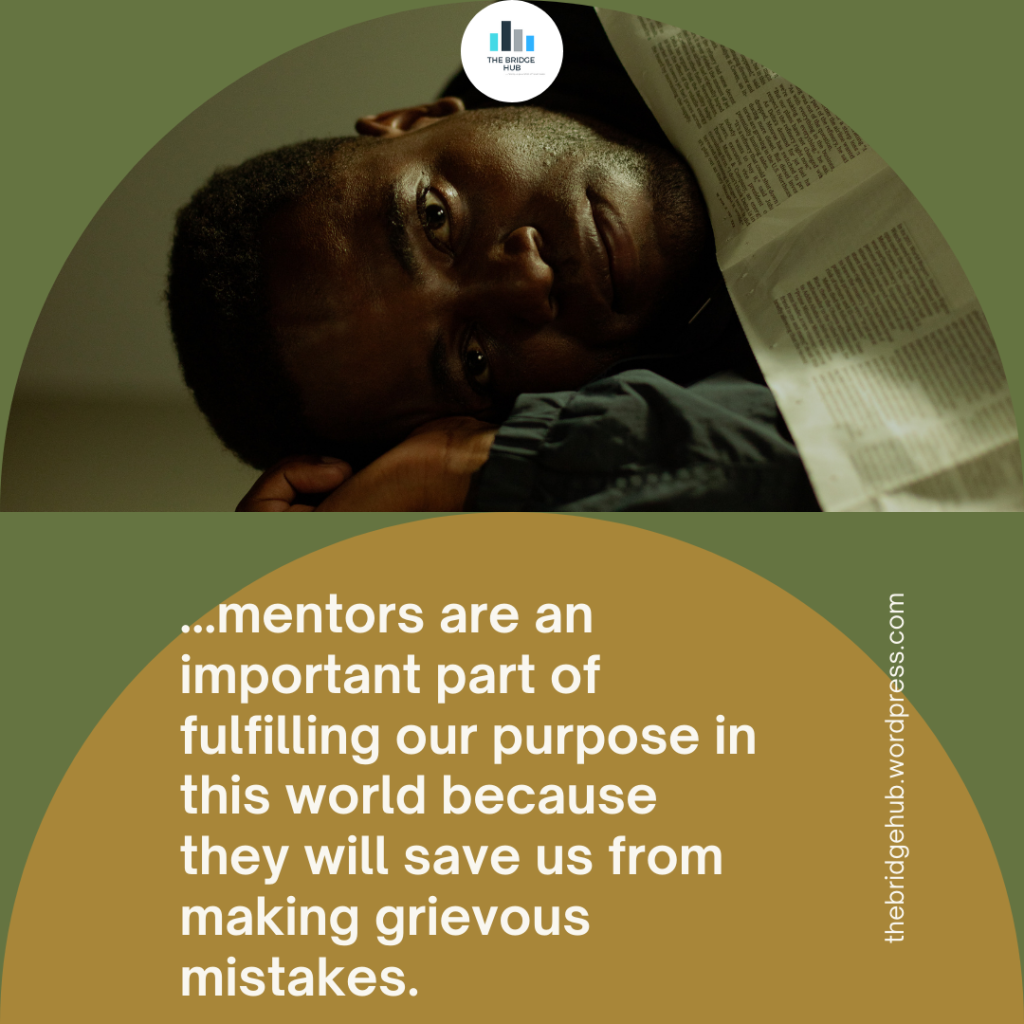Stephen Jerubba’al

You know it was Mothers’ Day some days ago, and in the light of the love we have for them, many men sought to know how to treat their women right. Yet, amidst the plethora of advice and tips on this, one timeless truth reigns supreme: to truly love your woman right is to understand her personal rhythm and dance to its beat. Welcome to this brief journey of discovery, as we dive into the art of loving your woman with grace, authenticity, and unwavering passion. So, gentlemen, buckle up! (PS: While this really directly talks about those who are married, the singles but engaged can draw out insight to implement also)
In the amazing journey of relationships especially marriage, the love between a man and a woman is a reflection of the divine love that binds us all. As Christian men, it is our calling and privilege to love our wives in a manner that mirrors the unconditional love of Christ for His church. To love your woman right is to embark on a journey of selflessness, humility, and unwavering commitment, guided by the principles of faith and compassion.
First, loving your woman right begins with understanding and cherishing her as a precious gift from God. Each woman is fearfully and wonderfully made, endowed with unique qualities, strengths, and vulnerabilities. Take the time to truly know her, not just as your wife or woman, but as a beloved daughter of God. Embrace her individuality and celebrate the beauty of her soul, recognizing that she is a reflection of God’s grace and love in your life.

Communication lies at the heart of every meaningful relationship, and marriage is no exception. We are called to communicate with our wives in an honorable manner that reflects Christ’s love and compassion. Make time for heartfelt conversations, listening attentively to her thoughts, feelings, and concerns. Endeavor to create a safe and nurturing space where she feels valued, heard, and understood. Speak words of affirmation and encouragement, uplifting her spirit with the power of your love and support. Let your communication be seasoned with grace, kindness, and humility, as you strive to build a foundation of trust and mutual respect.
It is also essential to recognize and honor the sanctity of your wife’s emotions and needs. We are called to love our wives so much and it is expected to come with sacrifice and selflessness. You should interestingly be attuned to her emotional space, offering comfort and solace in times of distress and rejoicing in moments of joy and triumph. Cultivate empathy and compassion, walking alongside her in the highs and lows of life’s journey. Show her grace and forgiveness, as the time goes knowing that she is not perfect. Let your love be a beacon of hope and healing, illuminating her path with the light of God’s unfailing love.
Again, loving your woman right entails honoring and respecting her as an equal partner in your marriage. As a man, you should lead her with humility and servanthood, as it is obvious that at the heart of true leadership is service. Be of help as you grant her insight into her decision-making processes. Hey man! Be her staunchest advocate and fiercest supporter, championing her dreams and aspirations with unwavering devotion. Also, you should learn to treat her with dignity and respect, affirming her worth as a beloved child of God. Let your actions speak louder than words, demonstrating your love through acts of kindness, thoughtfulness, and selflessness.
Ultimately, to love your woman right is to embody the essence of Christ’s love in your marriage or premarital relationship. Let your love be a reflection of God’s boundless grace and mercy, extending forgiveness, compassion, and understanding at every turn. May your marriages and relationships be a testament that love can be so detailed, and yet simple, shining brightly as a light and inspiration to all who witness it.
And Hey! It’s Women’s History Month. Don’t just read. Go and practice!

















